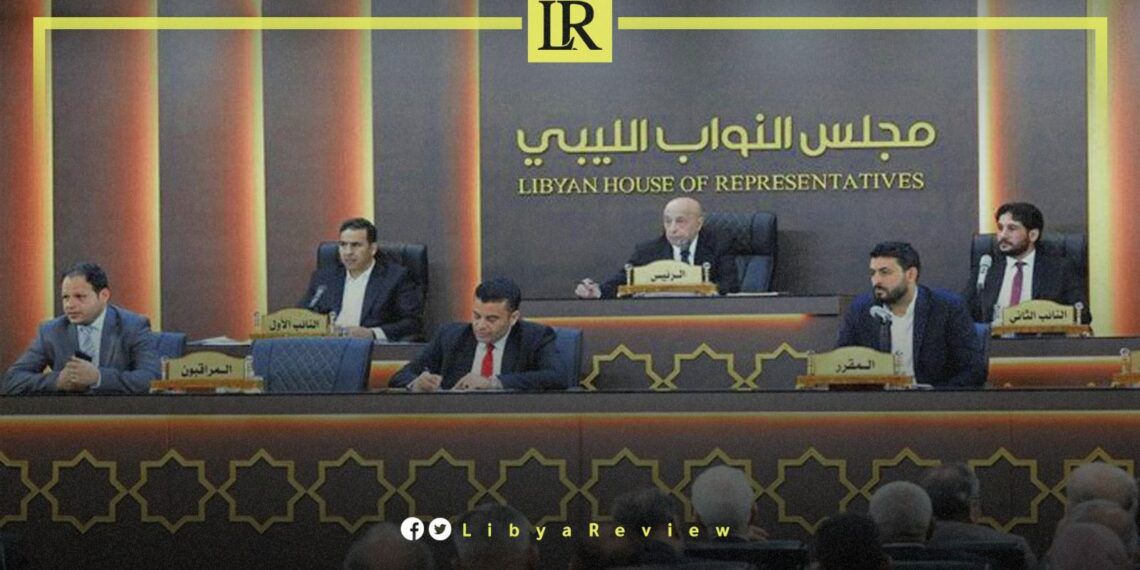As Libya stands at a political crossroads, the Libyan Parliament is gearing up for a significant session on Monday that could mark the beginning of the nomination process for the leadership of a new government.
This session raises pressing questions in a country already divided by two governments—one based in the East and another in the West—without a consensus between the Parliament and the High Council of State on establishing a unified administration as required by electoral laws.
Legal procedures stipulate that the formation of a new government should follow a pre-agreed roadmap, involving a joint endorsement by both the Parliament and the High Council of State.
The candidate who garners the most support from the House of Representatives is expected to lead and subsequently form a new government, which must then gain the confidence of the Prime Minister.
Despite these outlined steps, Dr. Mohamed Zubeida, a law professor, views the current move to open candidacy as premature due to the ongoing lack of consensus.
He pointed out that the international backers of the National Unity Government have not yet been persuaded of the need to change the existing government in Tripoli, questioning the Parliament’s capability to enforce new governance while potentially dismissing the current administration.
Further complicating the political landscape is the possibility that Abdul Hamid Dbaiba, the current Prime Minister, may resist relinquishing power. This resistance could result in Libya having three concurrent governments, deepening the political fragmentation.
Amid these complexities, the Libyan Parliament’s decision to potentially open the floor for new government nominations suggests a readiness to explore alternatives to the current political impasse.
However, the persistent discord between the High Council of State and the Parliament underscores the critical need for comprehensive dialogue and reconciliation to forge a path towards national unity and prepare for forthcoming elections. As Libya faces these pivotal moments, the international community watches closely, hoping for a resolution that can bring stability to a nation long mired in turmoil.


